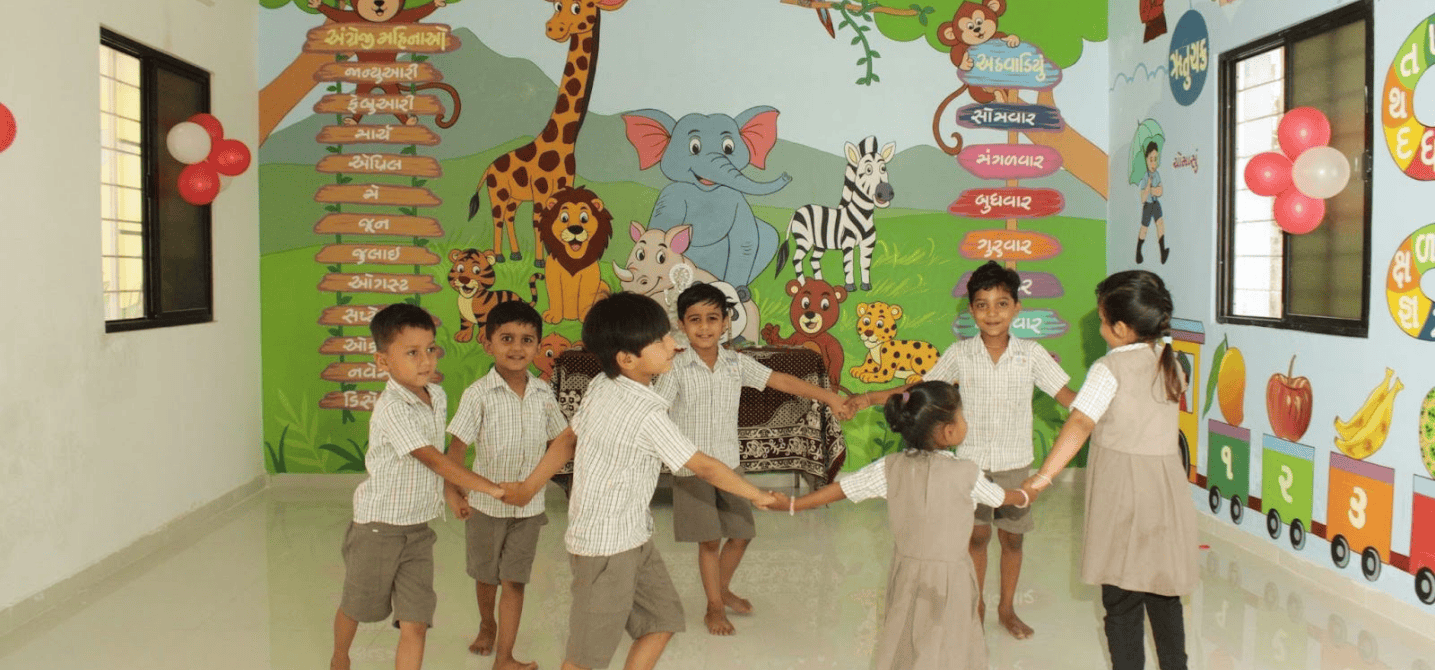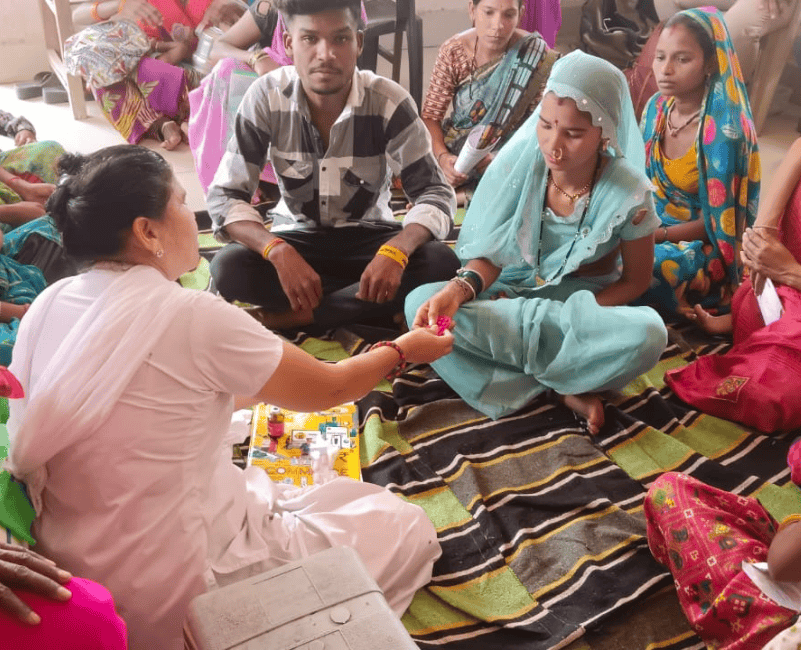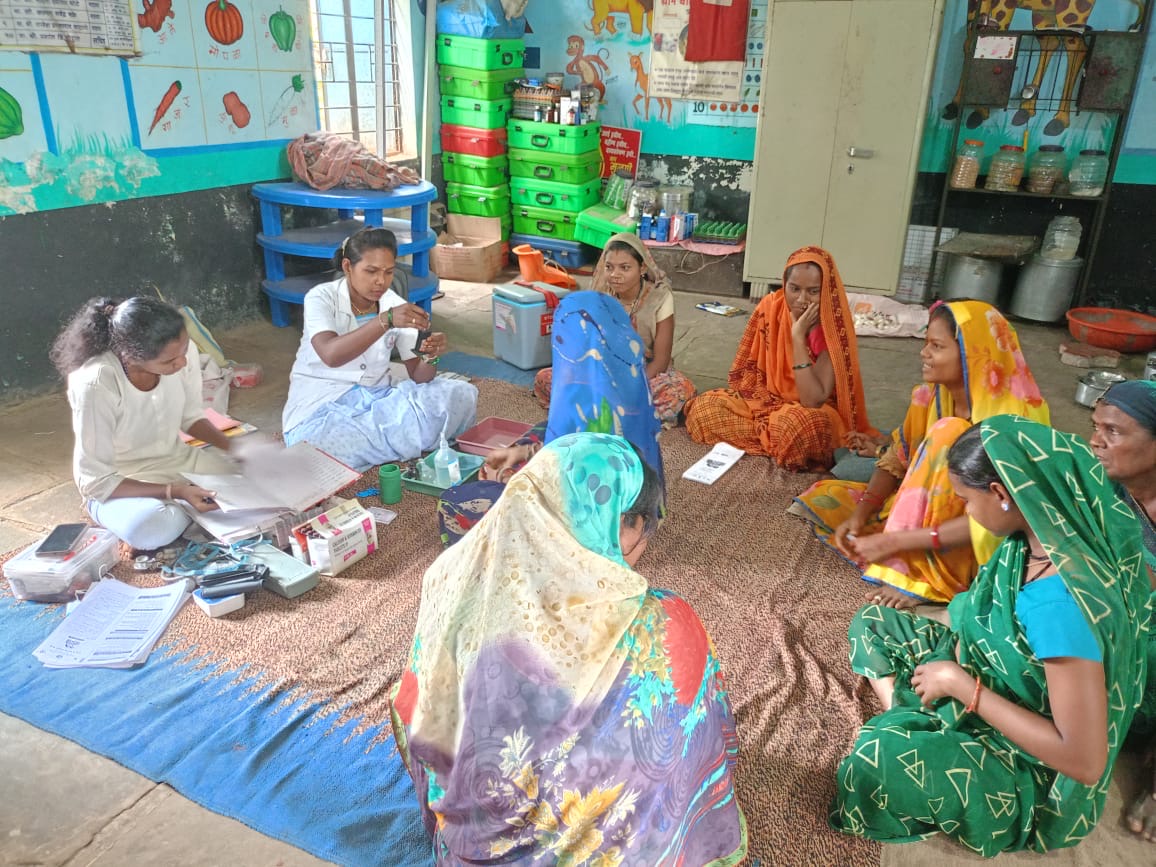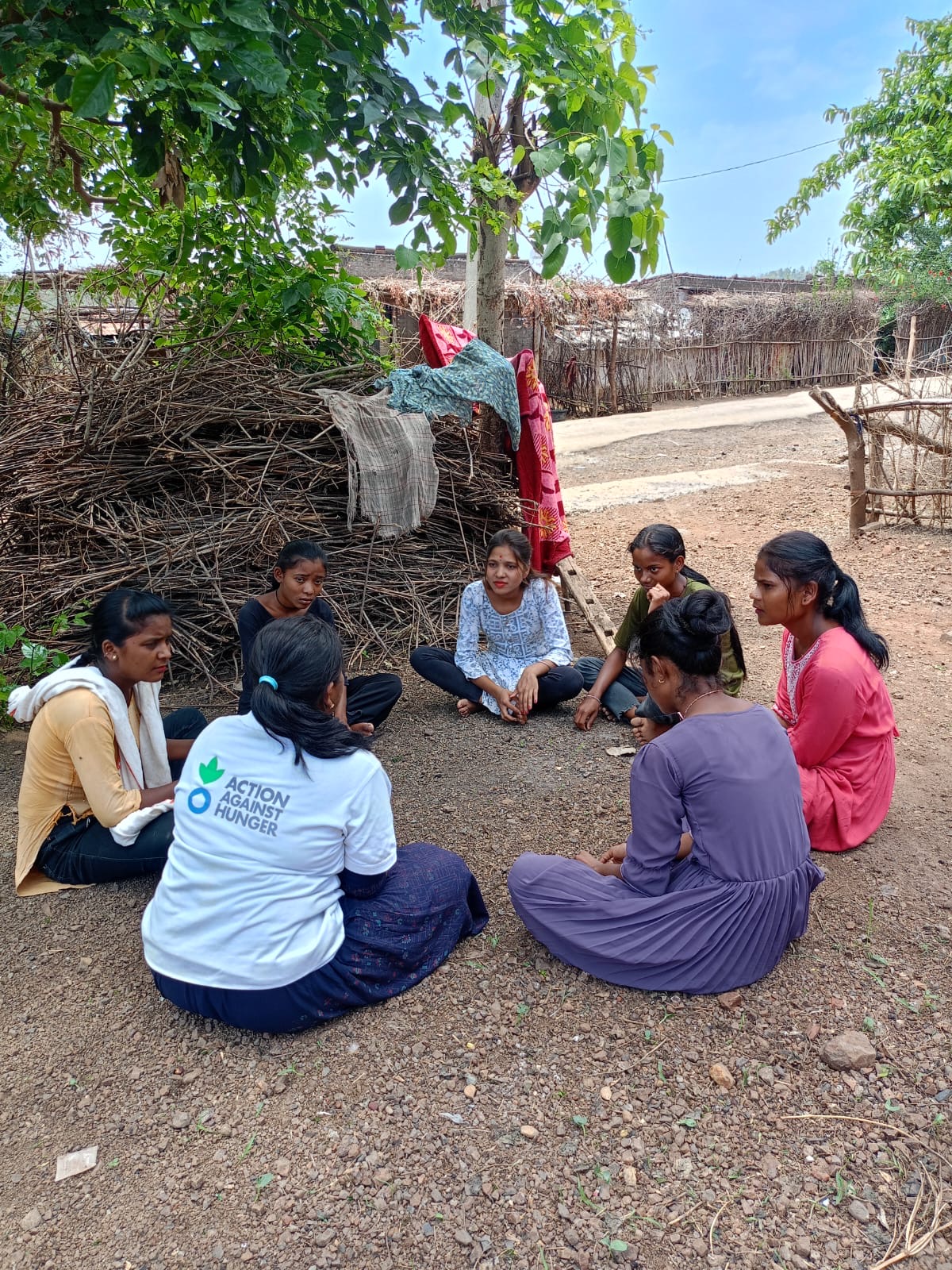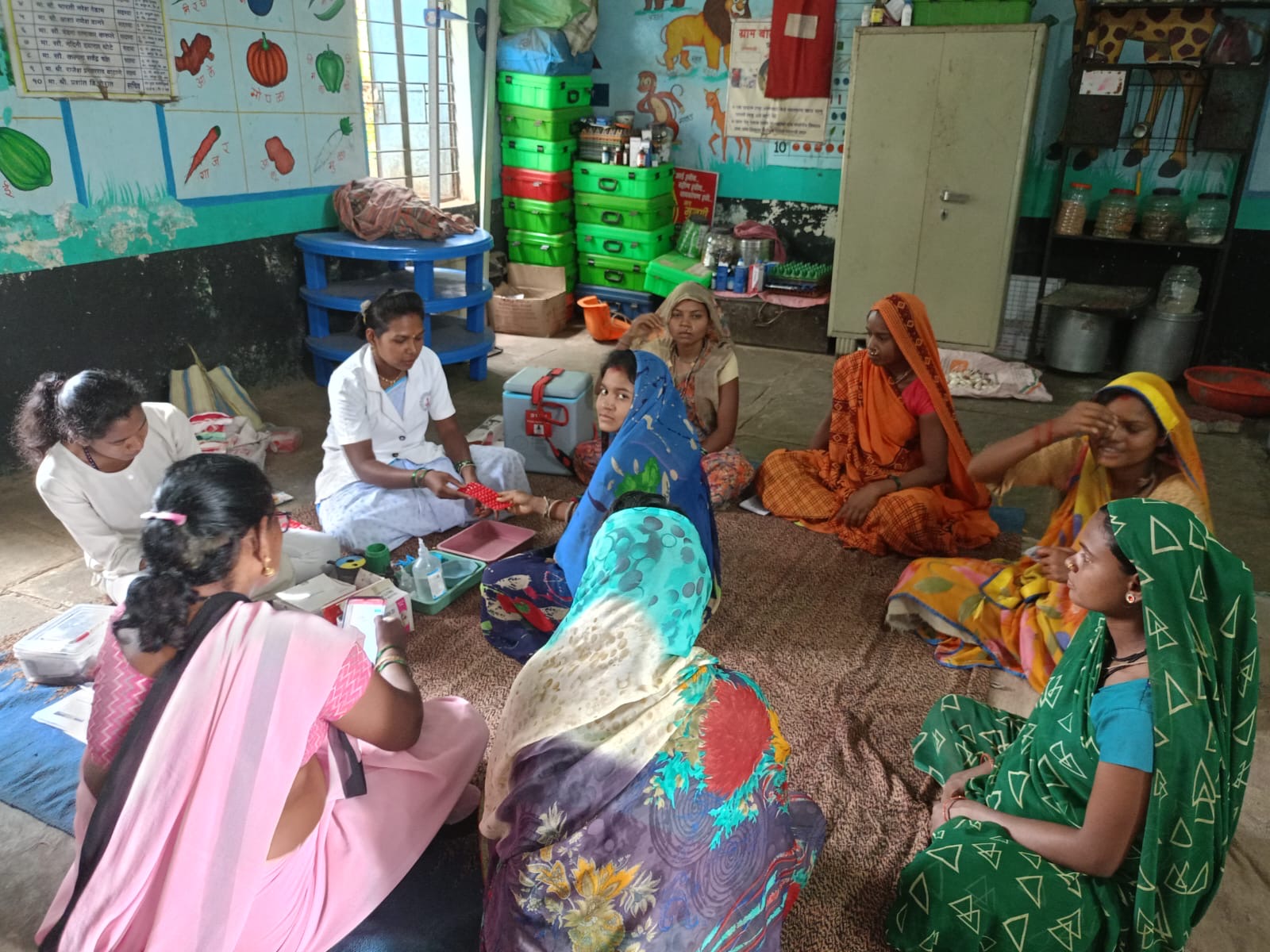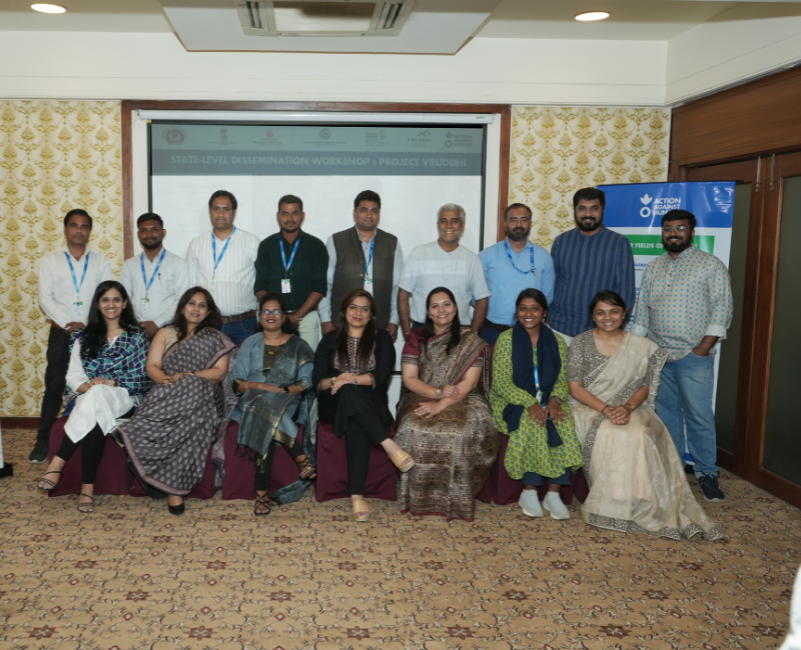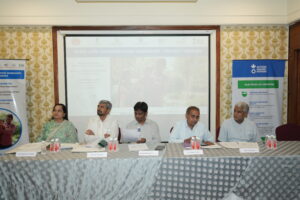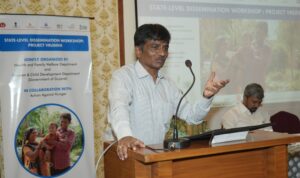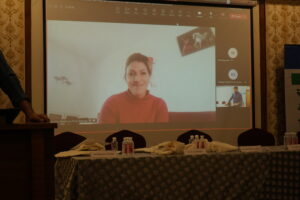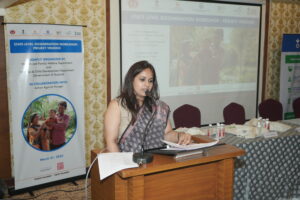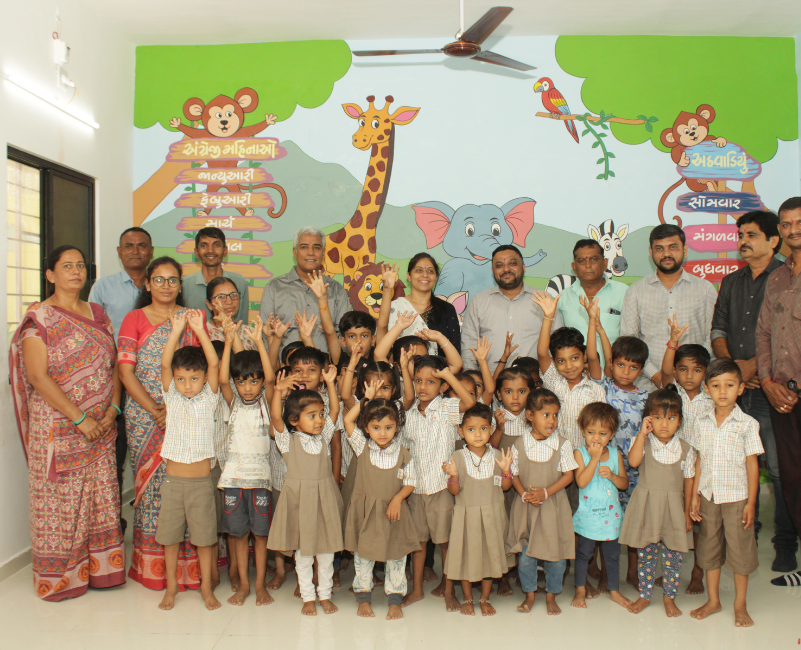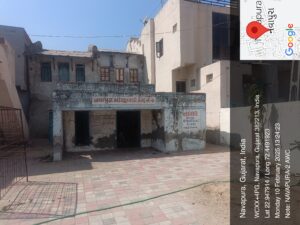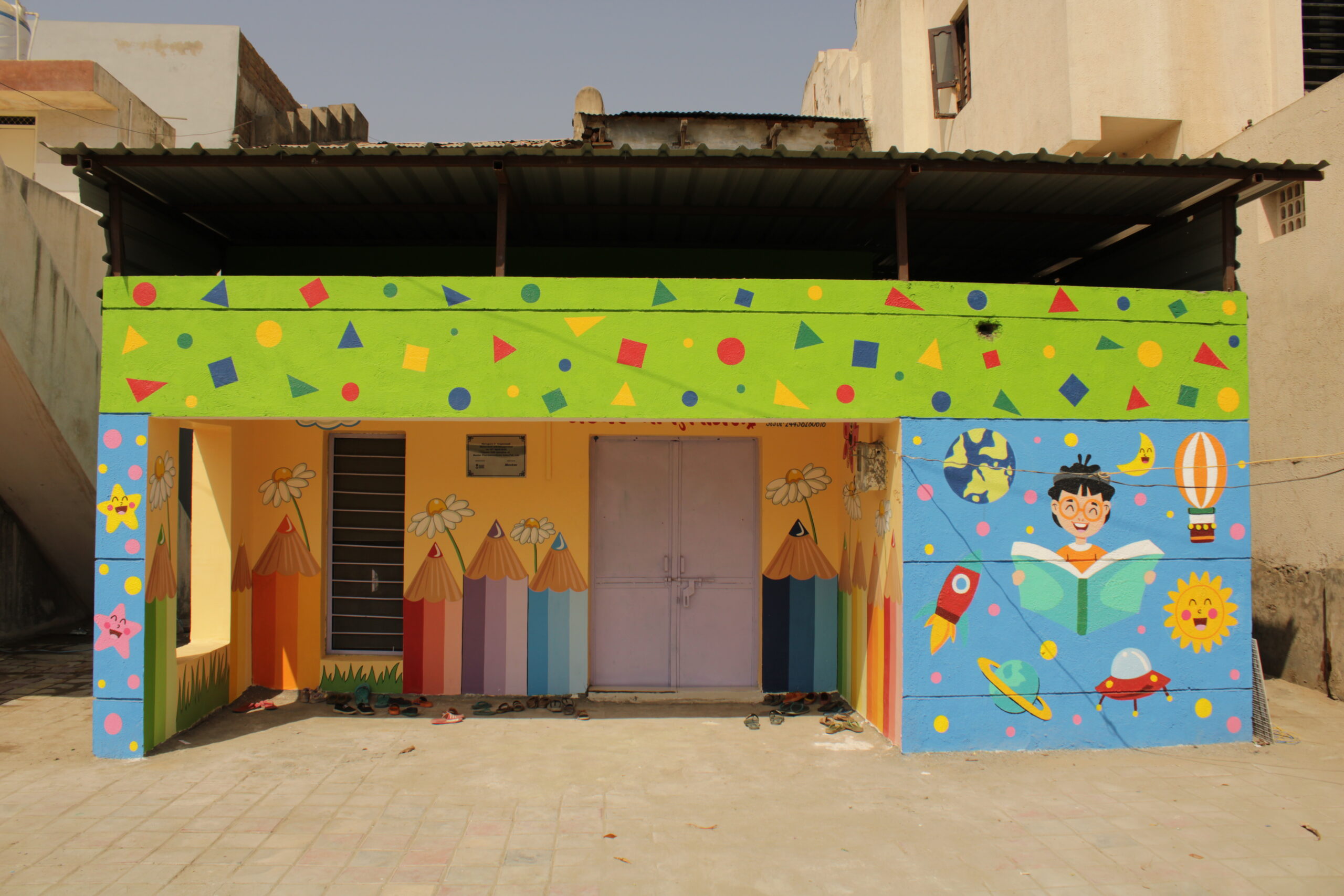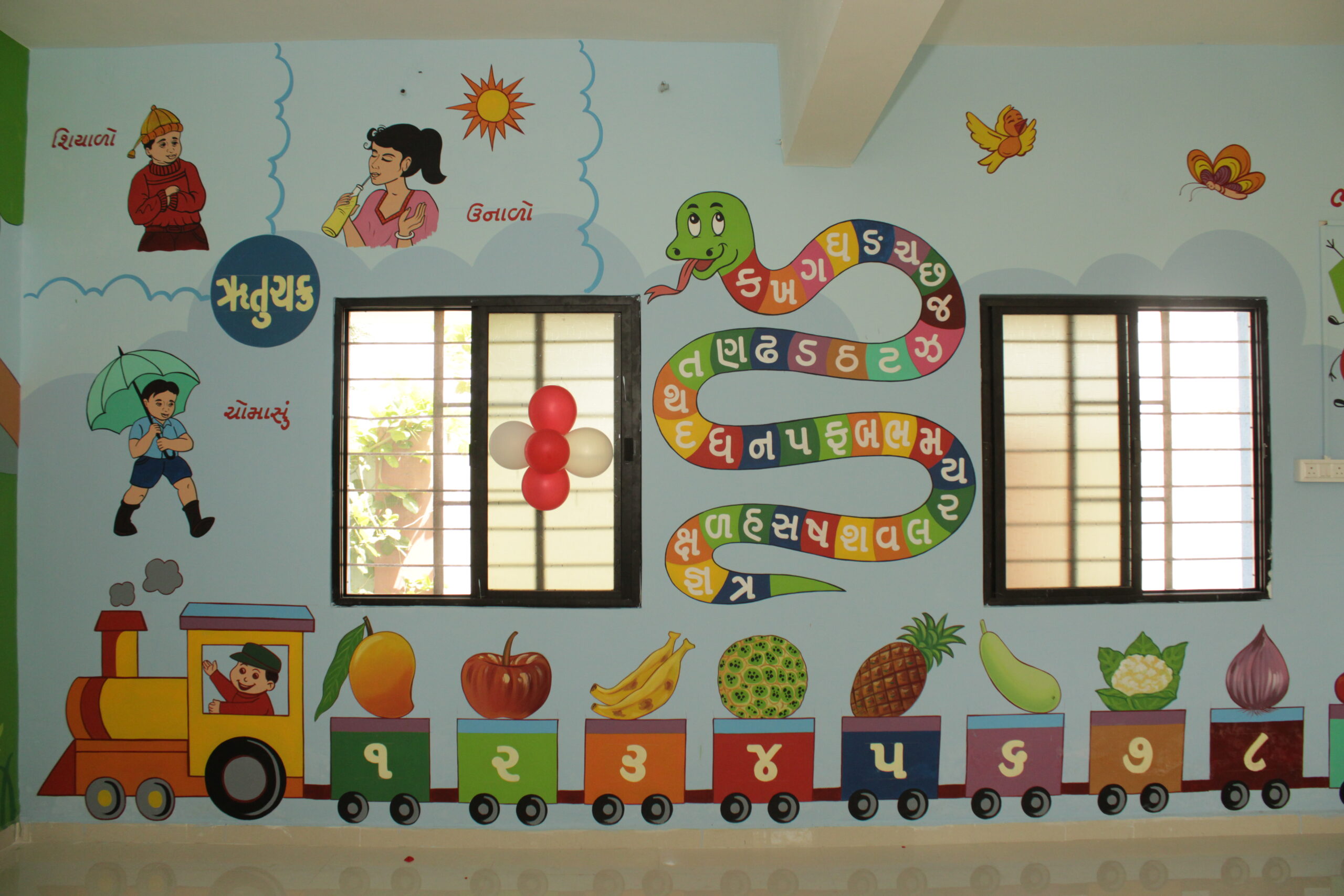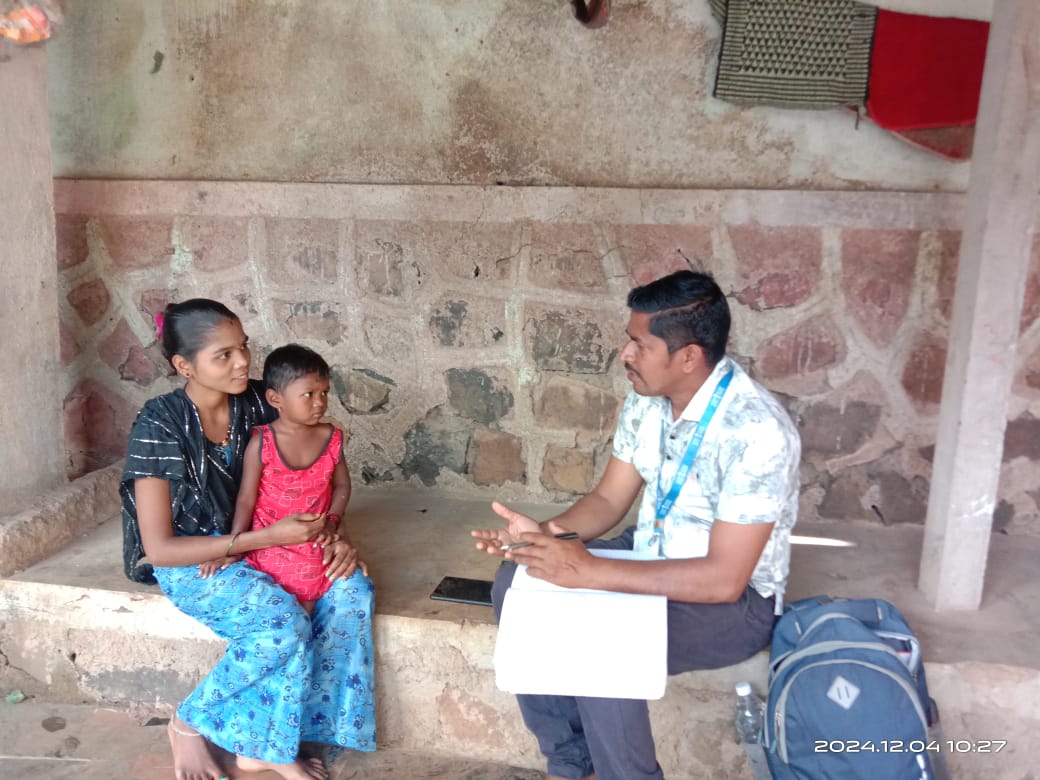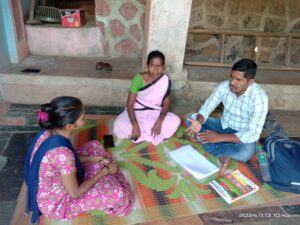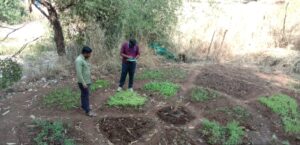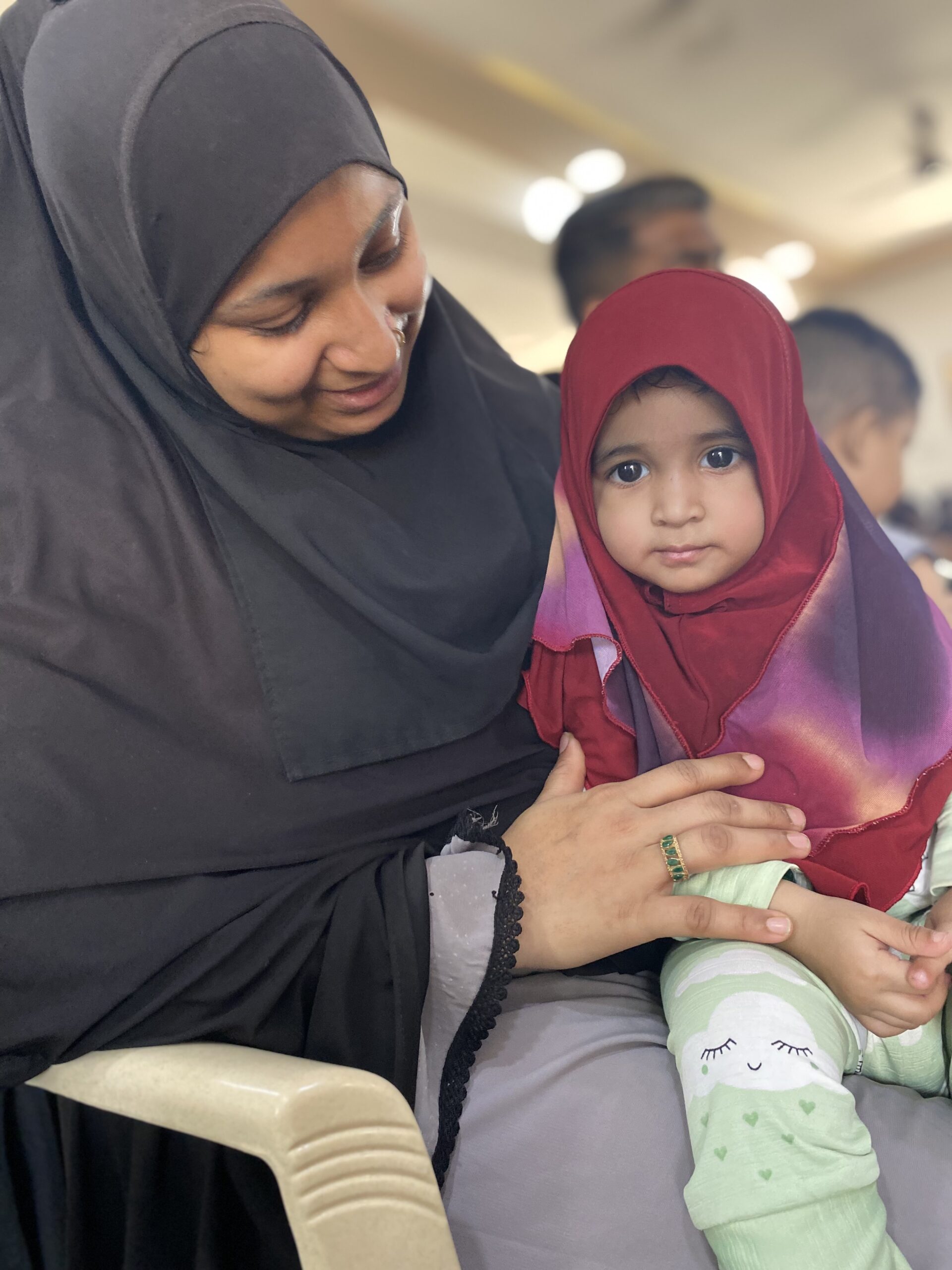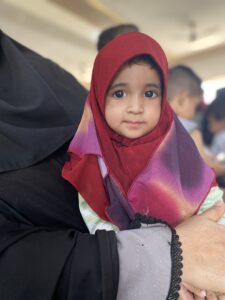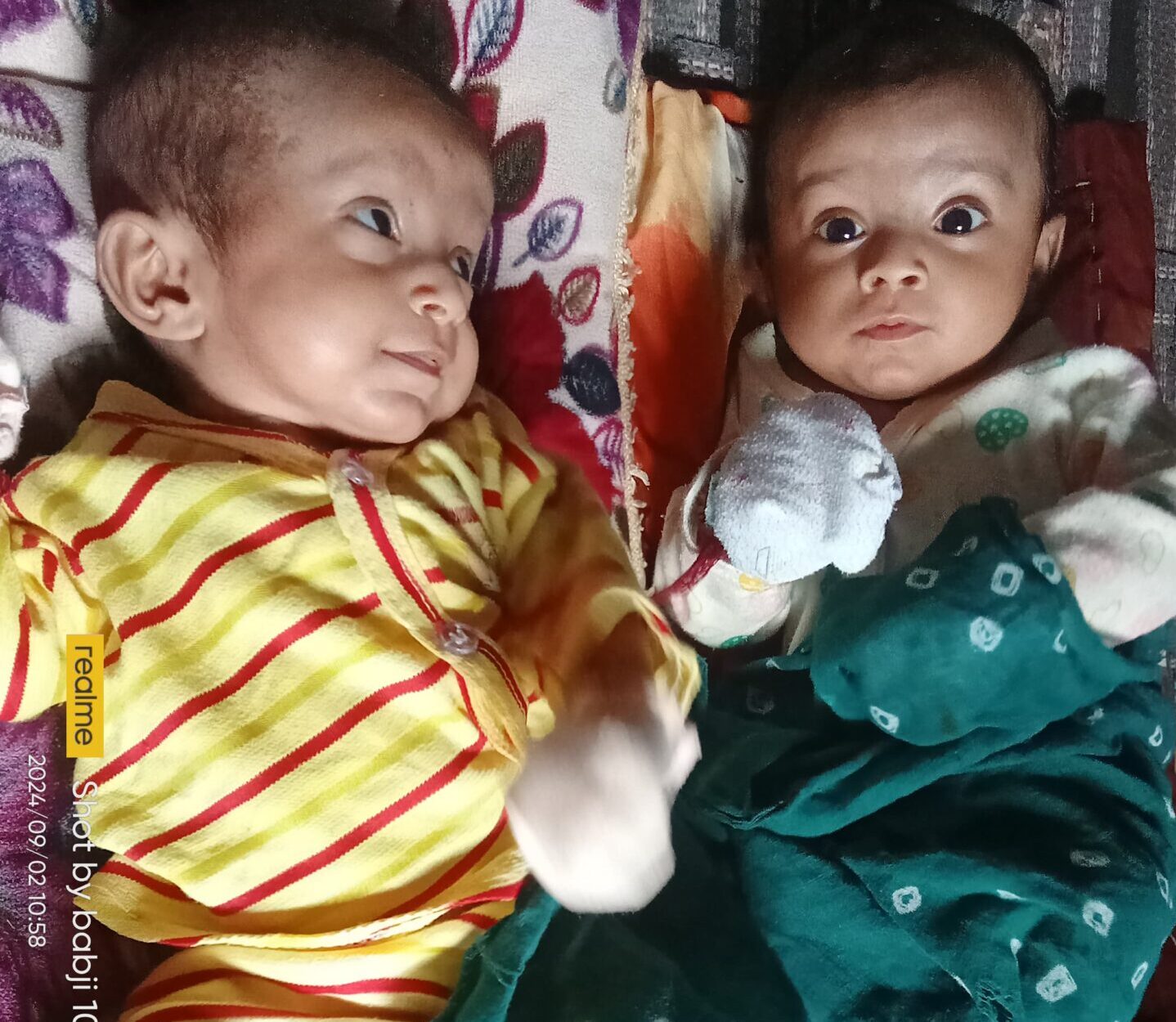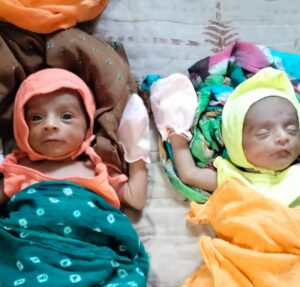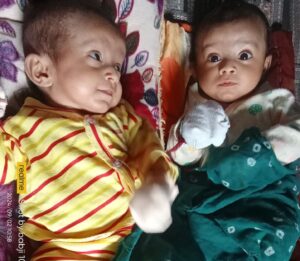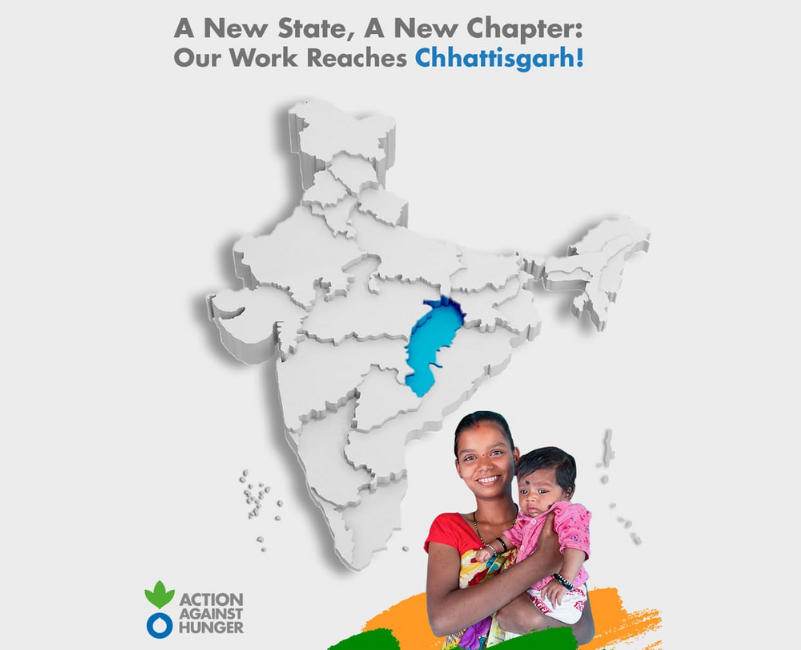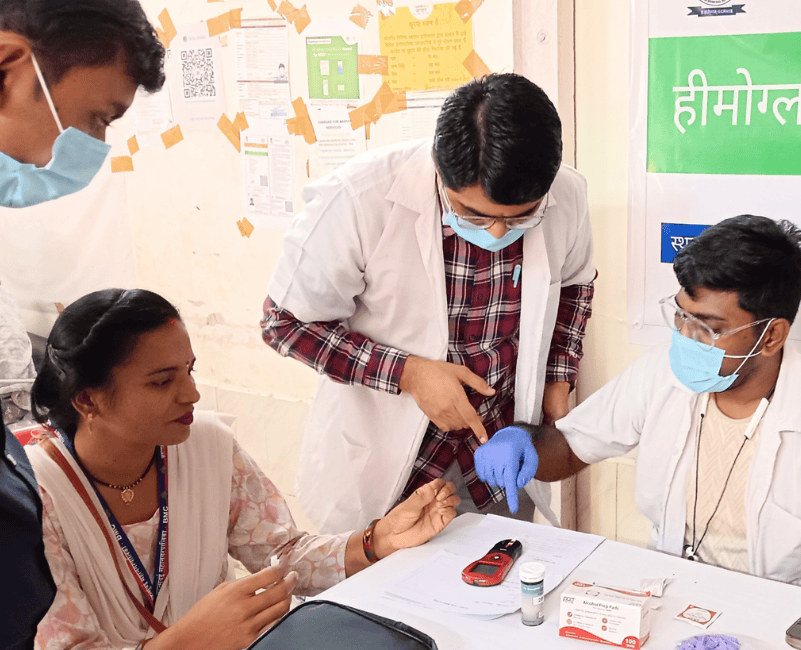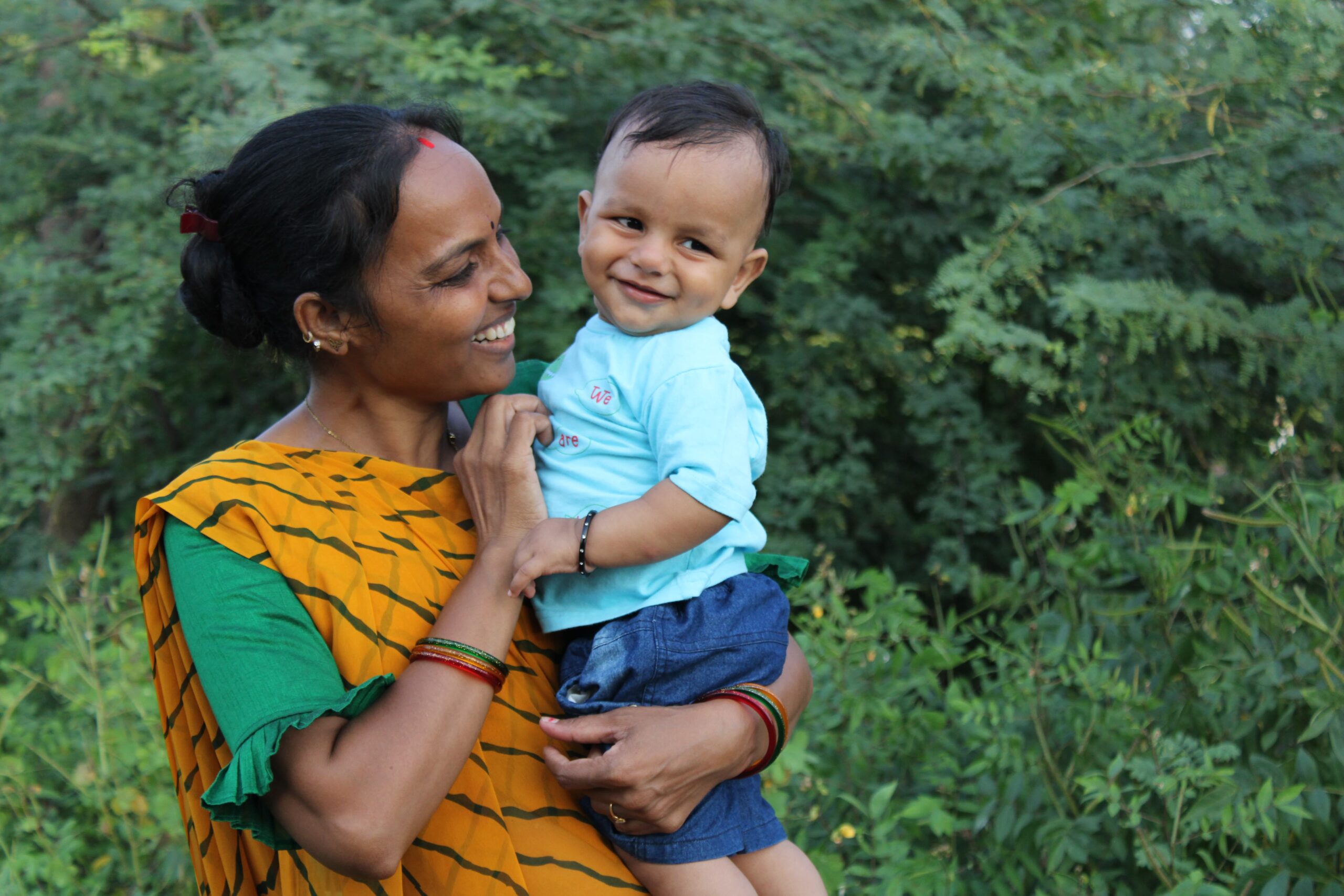For decades, Anganwadi Centers have been the heartbeat of India’s rural child development, nurturing young minds and supporting mothers through essential education, nutrition, and healthcare services. Their role extends beyond the individual child, they impact entire villages by improving access to essential resources and creating a foundation for lifelong well-being.
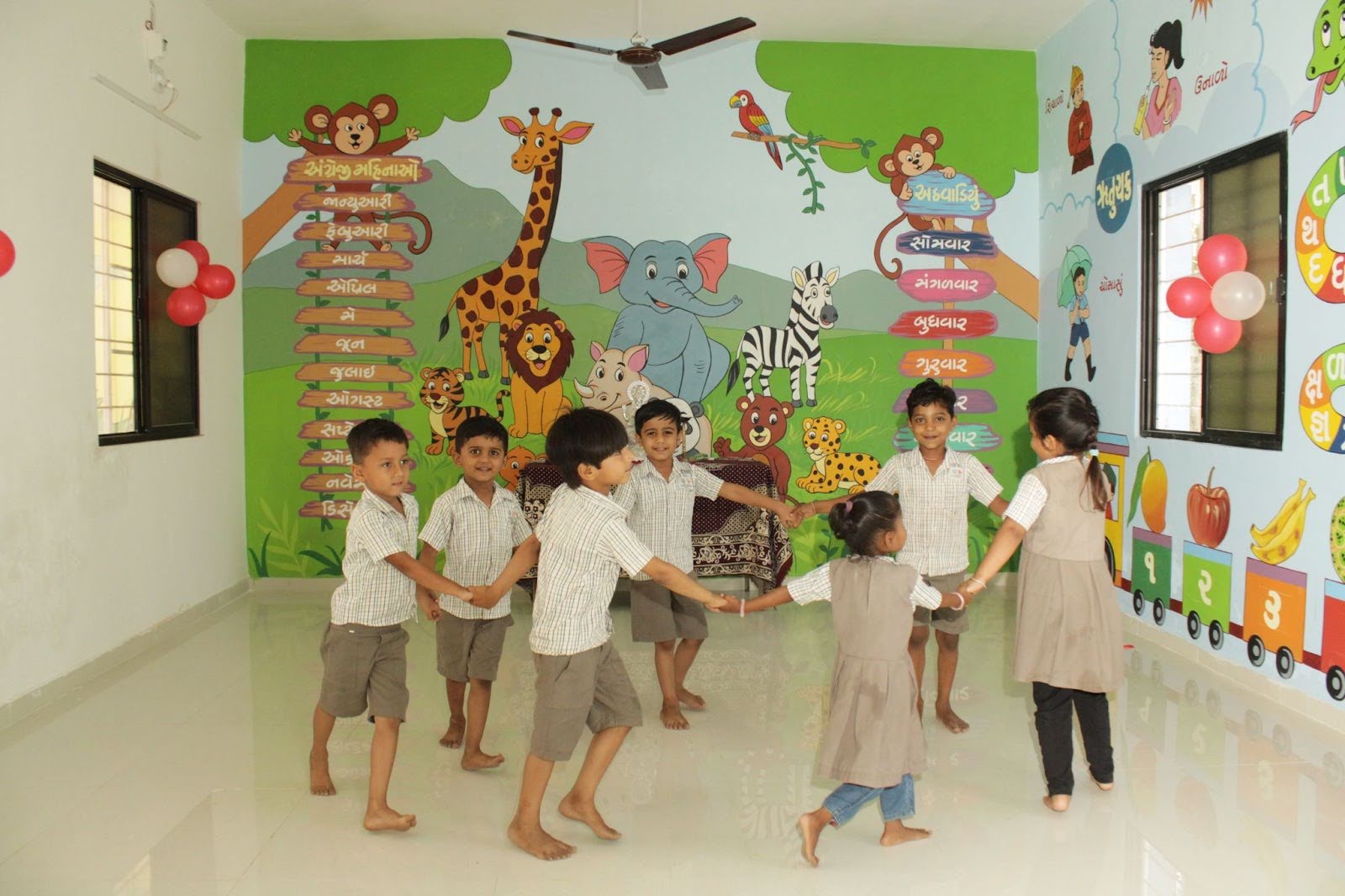
The Challenge:
Many Anganwadi Centers in Dhar (Madhya Pradesh), Baran (Rajasthan), Sanand (Gujarat), and parts of Chhattisgarh have fallen into disrepair. Years of neglect, harsh weather, and poor sanitation threaten children’s development and mothers’ health. Without clean water, functional toilets, and safe learning spaces, children miss out on critical early learning, and mothers lose vital support.
The Response:
Action Against Hunger India stepped in to restore hope, rebuild trust, and reimagine these spaces of care and learning.
Madhya Pradesh – Dhar


In Dhar, Madhya Pradesh, we’ve reimagined the local Anganwadi Center into a vibrant space that prioritizes care, safety, and learning. With upgraded infrastructure, modern sanitation facilities, and child-friendly amenities, the center now offers an environment that truly supports the early development of children. This transformation lays the groundwork for a healthier future and a stronger, more resilient community.
Rajasthan – Repainting Hope in Baran


In Baran, Rajasthan, we’re revitalizing Anganwadi Centers with a fresh coat of color and a renewed commitment to child well-being. These renovations go beyond aesthetics as they bring warmth, energy, and purpose into spaces where young minds begin their journey. With every new wall, piece of furniture, and child-focused enhancement, these centers are becoming places where children feel safe, seen, and excited to learn.
Gujarat – A Brighter Tomorrow in Sanand




At Navapura 1 Anganwadi Center in Sanand, Gujarat, the transformation reflects our belief in creating joyful, educational spaces. As part of the Ashraya phase, we carried out civil repairs, introduced vibrant BALA (Building as Learning Aid) artwork, and upgraded basic facilities. This community-driven effort has turned the center into an inspiring place that fosters growth, creativity, and collective care.
Chhattishgarh – A Brighter Tomorrow in Gariaband
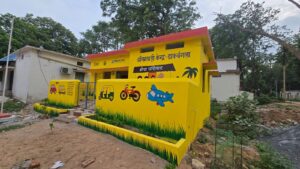
The Impact
This transformation is about more than repairing buildings, it’s about restoring dignity and creating lasting change.
With clean water, safe sanitation, and enriched learning environments, we’re giving children the chance to grow in safe, nurturing spaces. We’re supporting mothers with the resources and care they need. And we’re strengthening rural communities from the ground up.
Each refurbished Anganwadi Center now stands as a testament to what’s possible when compassion meets action, and a promise of brighter futures for generations to come.
